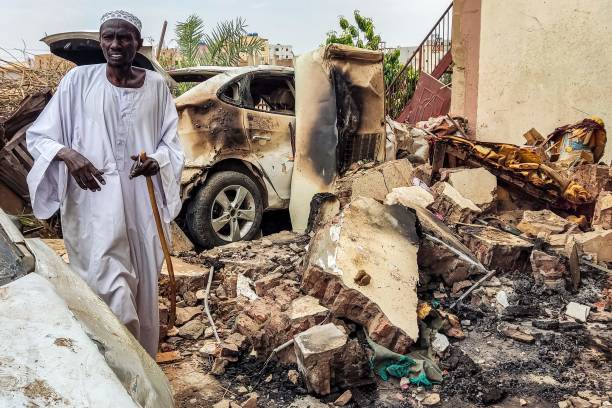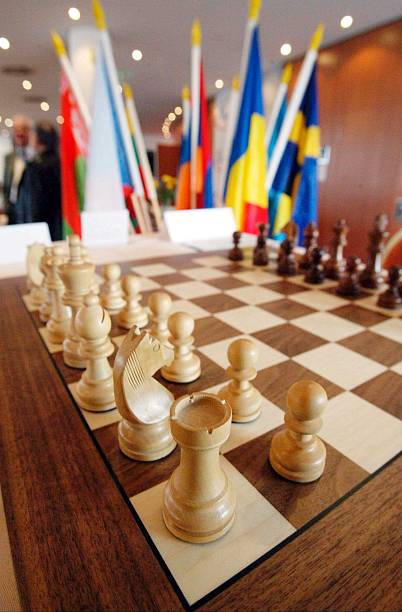While headlines are often dominated by big global events, there are places where war, fear, and suffering continue quietly — far from the world’s spotlight. In Sudan, Eastern Congo, and Northern Mozambique, people are living through devastating conflicts that rarely make international news. These are not just numbers or names on a map — they are families, children, and communities caught in crises that the world too often ignores.
Sudan: A War No One Watches
Since April 2023, Sudan has been gripped by a brutal conflict between the Sudanese army and the Rapid Support Forces (RSF). Cities have turned into battlegrounds. Homes have been bombed. Hospitals have been destroyed.
Over 9 million people have been forced to flee their homes. Many are sheltering in schools, makeshift camps, or simply living in the open. Hunger is growing. Aid is blocked in many areas, and internet blackouts cut families off from the outside world.
Khartoum, once a bustling capital, is now a shadow of itself. “We ran for our lives,” said Fatima, a mother of three. “We lost everything — our home, our jobs, our neighbours. And nobody sees us.”
Despite the scale of suffering, Sudan’s war gets little international attention. There are no global summits, no major fundraising campaigns, and barely any headlines.
Eastern Congo: A Conflict That Never Ends
In the Democratic Republic of Congo, especially in the eastern provinces of North Kivu and Ituri, conflict has become part of daily life. Armed groups roam the countryside, killing, raping, and looting. The violence has gone on for decades, fueled by political instability, ethnic tensions, and the region’s rich minerals.
More than 6 million people have been displaced inside Congo — one of the highest numbers in the world. Camps for the displaced are overcrowded, with limited access to food, clean water, and healthcare.
“We’re forgotten,” said Jean-Pierre, a teacher turned refugee near Goma. “People talk about Congo when there’s Ebola or a big disaster. But our war? They don’t care.”
Some children born in these camps have never seen peace. For them, violence is the only life they know.
Northern Mozambique: Terror in Paradise
Cabo Delgado, a province in northern Mozambique, was once known for its beautiful beaches. But since 2017, it has been the centre of a violent insurgency by armed groups linked to Islamist extremism.
Villages have been burned. Thousands killed. Over 1 million people have been displaced.
The attacks are sudden and brutal. People flee into forests or hide in boats. Some end up in temporary shelters, hoping for peace to return. “They came in the night with machetes and guns,” said Amina, who lost her husband during an attack. “We escaped, but our lives will never be the same.”
The Mozambican army, with help from foreign troops, has pushed back the fighters in some areas. But the fear remains — and so does the silence of the wider world.
Why Does the World Look Away?
There are many reasons these conflicts stay in the shadows: They are far from Western powers, complicated, and often seen as never-ending. Aid groups and journalists face huge risks trying to reach these areas. But the silence hurts.
When the world ignores these crises, it sends a dangerous message: that some lives matter less. That violence can continue unchecked if it’s far enough away.
The people of Sudan, Eastern Congo, and Northern Mozambique are not asking for miracles — just to be seen, to be heard, and to receive the support they need to survive and rebuild.
What Can Be Done?
Raising awareness is the first step. Sharing stories. Supporting trusted humanitarian organisations. Pressuring governments to take notice and act. These may seem small, but they matter.
As long as the world looks away, these forgotten wars will continue in the dark. But when we pay attention, when we listen, we can begin to bring light — and hope — back to those who need it most.





